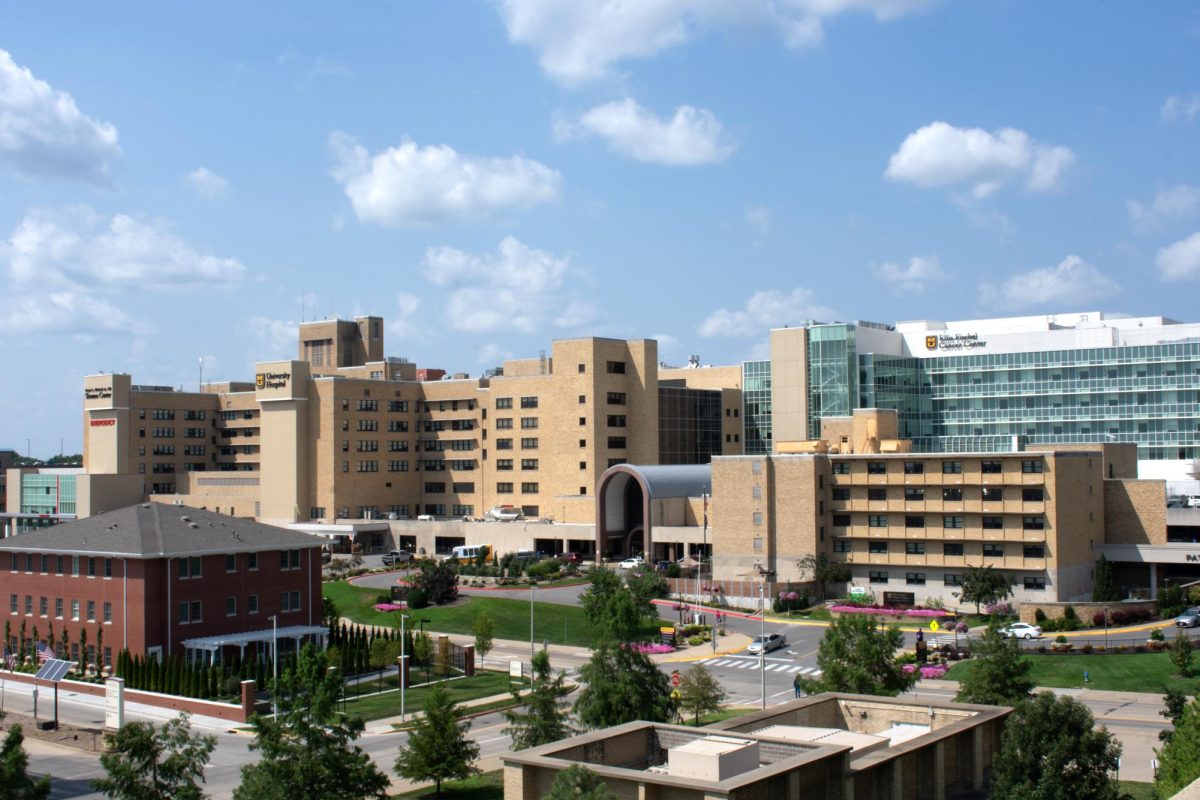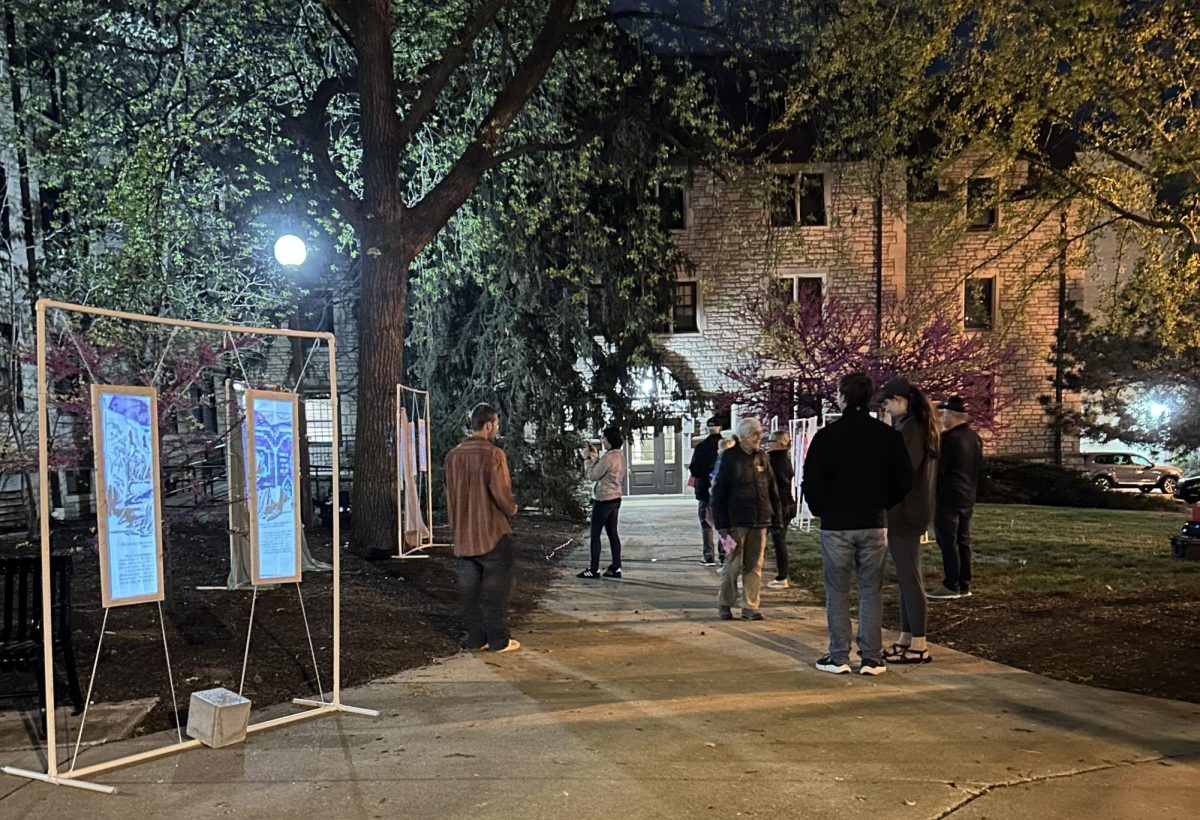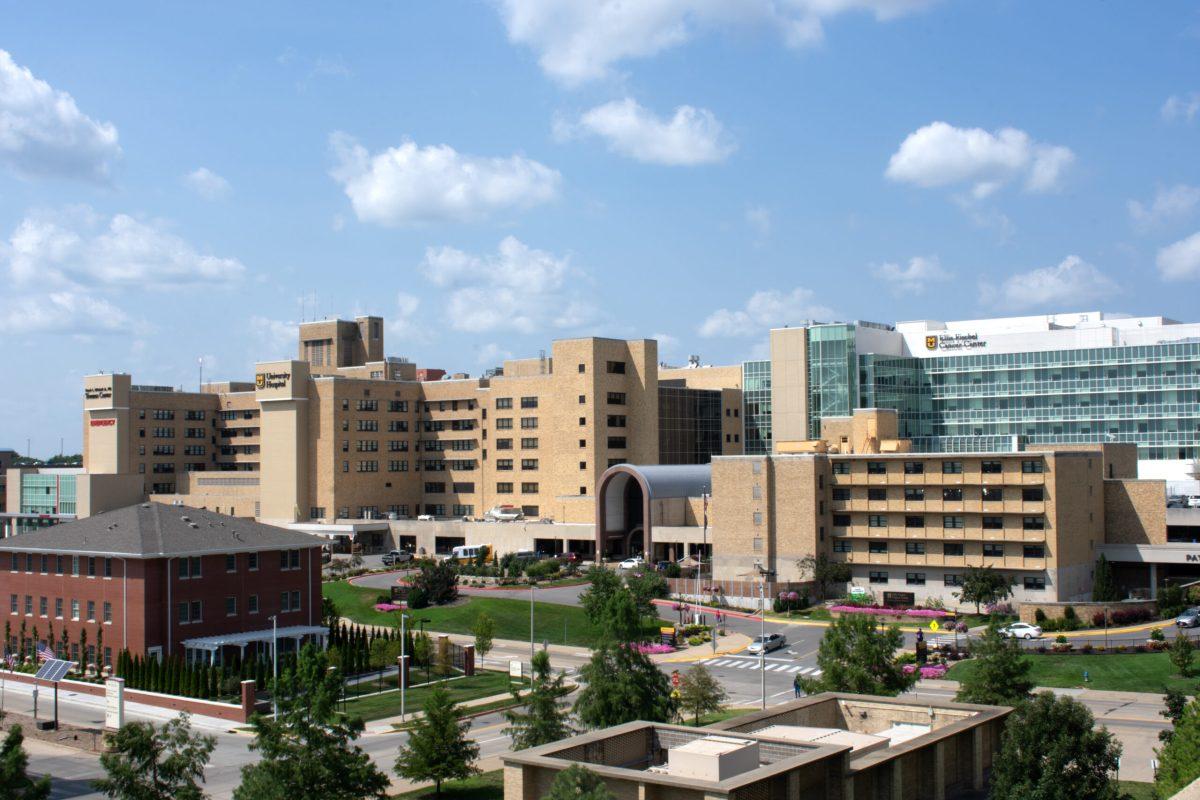MU’s Thompson Center for Autism and Neurodevelopmental Disorders was selected for the Autism Speaks organization’s competitive grant to fund research and the treatment of autism.
Autism Speaks only selects 14 centers from around the nation that are a part of its Autism Treatment Network for the three-year grant. Each center receives $140,000 per year for the duration of the grant.
“Being in the (network) allows our families to be in the cutting edge of critical care,” said Kristin Sohl, Thompson Center’s director of medical services. “We’re setting the best practice standards for autism care.”
Donna Murray, senior director of the network, said being part of the network lends the Thompson Center more prestige.
Murray said approximately 7,000 children are registered at centers in the network, and eight of the 14 centers in the network are part of the top 10 children’s hospitals in the nation.
“Missouri has been a part of (the Autism Speaks network) for six years, and they are really one of our leaders,” Murray said. “They are an excellent site, and we’re very proud to have the Thompson Center as a member of our network.”
Murray said the center was founded in 2005 and joined the network in 2008.
Since then, the Thompson Center has adopted the “whole care for the whole family” model, which is a part of the network’s effort to prioritize providing treatment for autism patients and providing families of patients with support and guidance.
“We don’t just diagnose then say ‘adios,’” Sohl said. “It’s much more than that.”
The Thompson Center exhibits its motto of “whole care” in many ways.
Family resource specialists are also assigned to patients from the moment they are diagnosed, checking up on them as necessary and guiding the family on the journey as their child or family member’s disorder progresses.
The center’s personnel and parents of patients provide workshops and lectures to further affected families’ knowledge of autism.
Alicia Curran, a Thompson Center coordinator whose child was diagnosed with autism in 2003, said the whole care model allows the center to go beyond just treating the child.
“It’s just not about the kiddo; it’s about the whole family,” she said. “Staying on top of all the research and treatments really is going to best serve us.”











